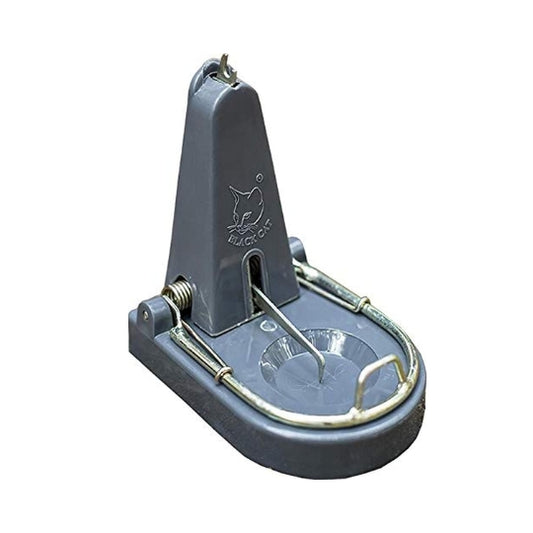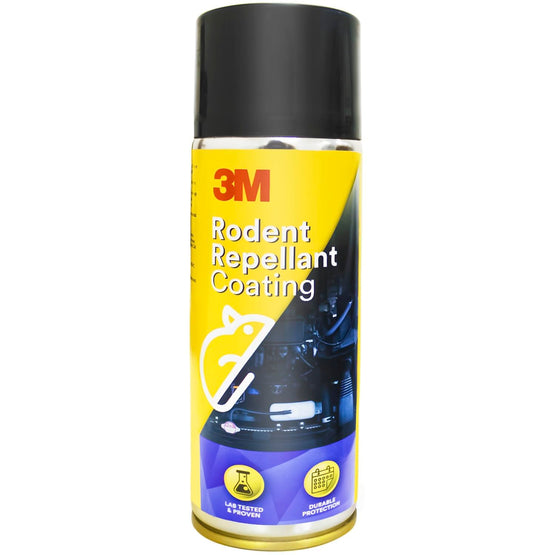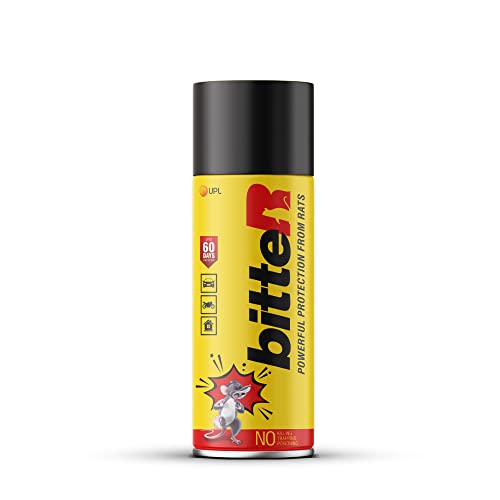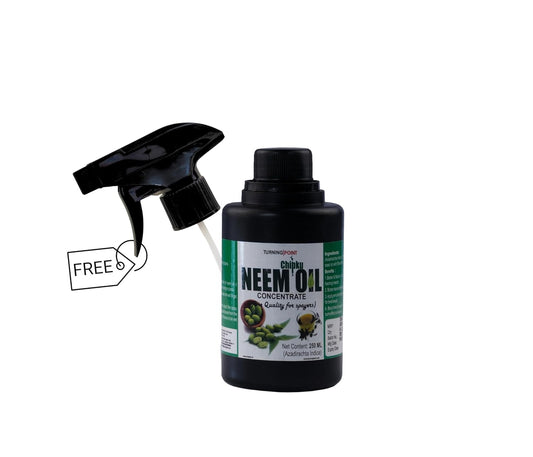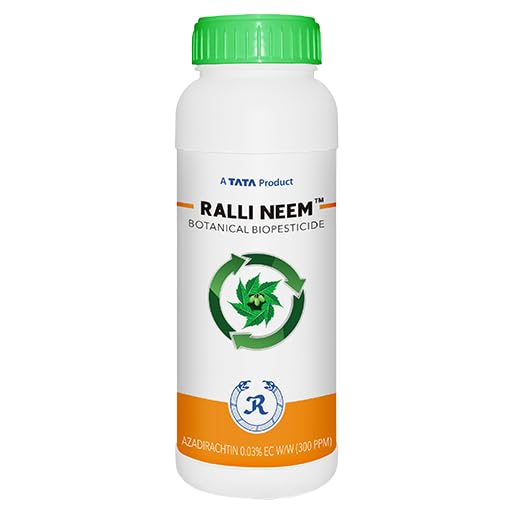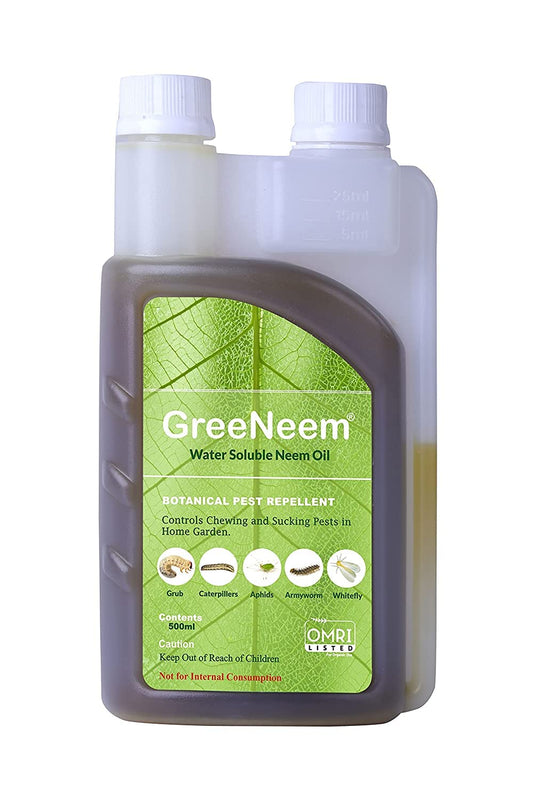
Cheapest seed treatment for Chickpea that works most efficiently!
Share
Chickpea seed treatment is an essential practice for protecting chickpea crops from wilting, diseases, and infestations. By treating seeds with fungicides and insecticides before planting, farmers can ensure that their crops get a strong start and are less likely to suffer from yield losses.
Benefits of chickpea seed treatment:
-
Protects against wilting: Chickpea wilt is a fungal disease that can cause seedlings to wilt and die. Seed treatment with fungicides can help to prevent this disease.
-
Controls diseases: Chickpea crops are susceptible to a number of diseases, including Ascochyta blight, Botrytis gray mold, and Fusarium wilt. Seed treatment with fungicides can help to control these diseases.
-
Prevents infestations: Chickpea crops are also susceptible to infestations by pests such as aphids, leafminers, and thrips. Seed treatment with insecticides can help to prevent these infestations.

Two products from Coromandel International for chickpea seed treatment:
-
Phendol: Phendol is a broad-spectrum fungicide that is effective against a variety of diseases that affect chickpea crops. It is also relatively inexpensive, making it a good option for farmers on a budget.
-
Hexastop: Hexastop is an insecticide that is effective against a variety of pests that affect chickpea crops. It is a systemic insecticide, which means that it is absorbed by the plant and moves throughout the plant's tissues. This makes it effective against pests that are difficult to reach, such as aphids and thrips.
Recommendations for chickpea seed treatment:
-
Choose the right fungicide and insecticide for your needs: There are a number of different fungicides and insecticides available for chickpea seed treatment. Talk to your local agricultural extension agent to get recommendations for products that are effective against the diseases and pests that are prevalent in your area.
-
Follow the label directions carefully: It is important to read and follow the label directions carefully when using any fungicide or insecticide. This will help to ensure that the product is used safely and effectively.
-
Treat seeds well in advance of planting: Seeds should be treated at least 24 hours before planting. This will give the fungicide and insecticide time to dry and adhere to the seeds.
-
Store treated seeds properly: Treated seeds should be stored in a cool, dry place to prevent the fungicide and insecticide from degrading.
Wishing Indian farmers good luck for chickpea harvest in rabi season!
With proper seed treatment and care, Indian farmers can increase their chances of a successful chickpea harvest in the rabi season. I wish all Indian farmers good luck with their crops!









